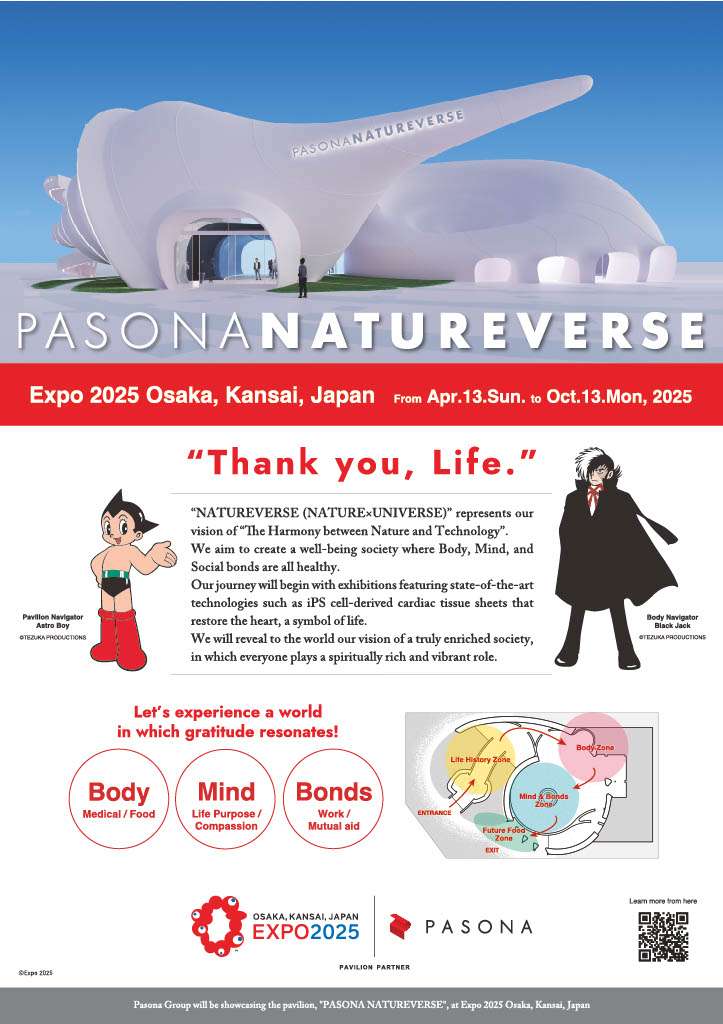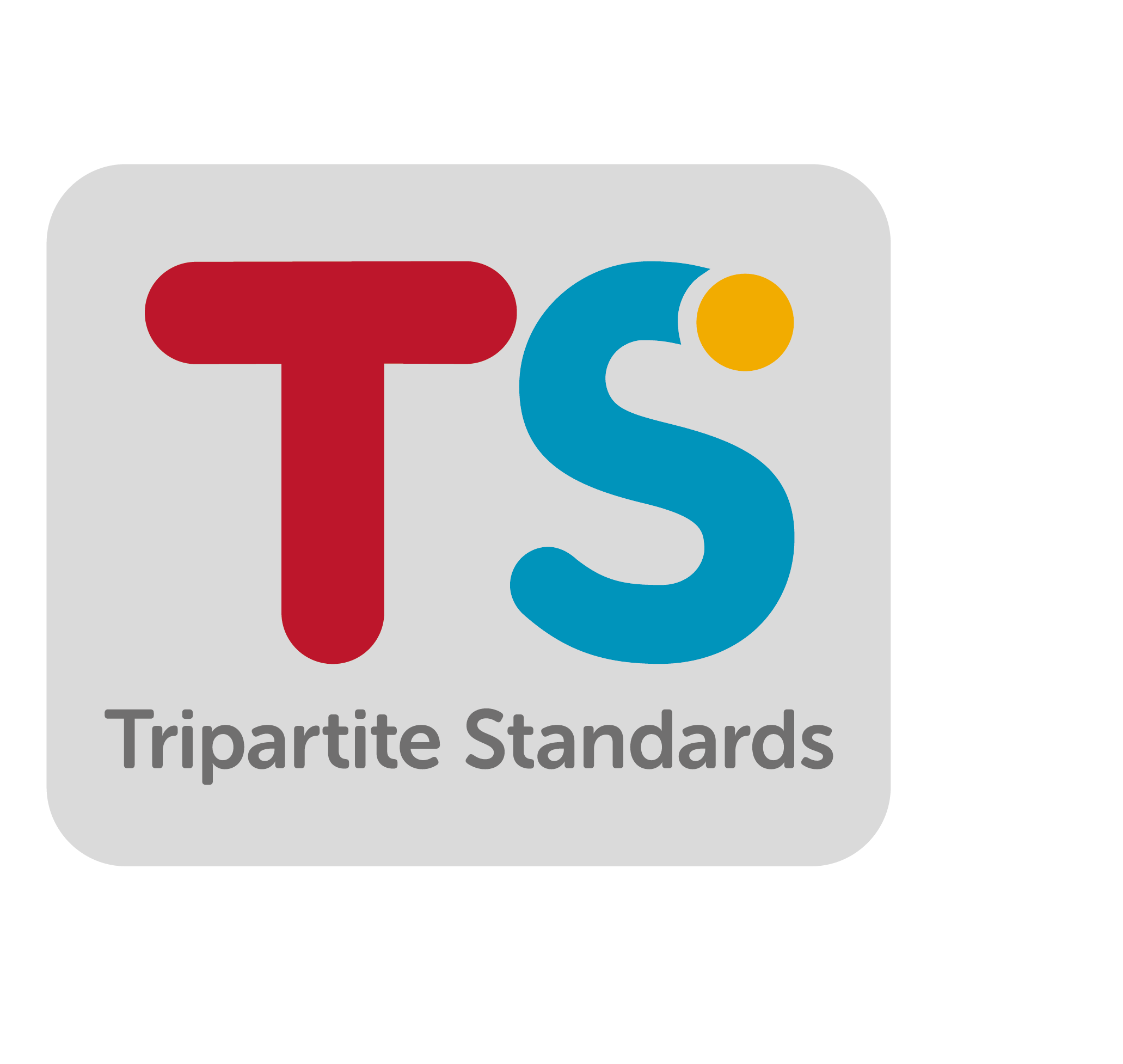EXCLUSIVE Survey Results by Pasona Singapore on Flexible Work Arrangement (FWA)
In this month’s newsletter, we’re excited to share an exclusive survey conducted by Pasona Singapore on the current state and preparedness of companies in Singapore concerning Flexible Work Arrangements (FWA).
Ministry of Manpower has released the NEW Salary Benchmark for EP Applications from 1 Jan, 2025. Additionally, the 11 Public Holiday dates for 2025 has been announced. We provide insights into guidelines on Public Holiday Entitlement and Pay for employees, and also feature highlights from MOM’s 2023 Employment Standards Report.
–
Recruitment Agency Singapore
NEW Salary Benchmark for New EP Applicants from 1 Jan, 2025
Ministry of Manpower (MOM) has released the latest salary benchmarks for Employment Pass (EP) Application under COMPASS C1 Section.

Current C1 salary benchmarks: Click here.
Upcoming C1 salary benchmarks: Click here.
The required fixed monthly salary for candidates increases progressively with age (increases from age 23 to age 45) and varies according to your organization’s classified sector.
Important Note:
- Candidates who do not meet the EP qualifying salary will not be eligible for an EP, regardless of the points they would have scored under the C1. Salary benchmark.
- EP candidates earning at least $22,500 in fixed monthly salary are exempted from COMPASS.
Full Details about Eligibility of Employment Pass here.
Hiring Agency Singapore, Staffing Agency Sg
Survey Results on Flexible Work Arrangement
Pasona Singapore conducted an online survey between May 20, 2024, and May 31, 2024, to understand the current state and readiness of companies in Singapore regarding Flexible Work Arrangements (FWA).
This survey is especially pertinent with the upcoming Tripartite Guidelines on Flexible Work Arrangement Requests (TG-FWAR) set to take effect on December 1, 2024.
A total of 164 respondents from 156 companies participated, representing a wide range of industries and company sizes. The survey’s insights will be insightful for companies preparing to align with the new guidelines and offer flexible work options to their employees.
Survey Methodology
Survey Period: May 20, 2024 – May 31, 2024
Target : Management, Human Resources and Administrative Staff working for a Singapore Firm
Survey Method: Online
Survey language: Japanese
Number of Valid Responses : 164 Respondents from 156 companies
Survey Results
Respondents Demographics

* Click on the image to enlarge.
Current Availability of Remote Work Options:
- 48% of respondents reported that remote work is introduced as a company policy and is eligible for all staff.
- 11% have implemented remote work policies except for certain departments and roles.
- 20% offer remote work upon request but do not have it as a formal company policy.
- 20% do not permit remote work, with a small fraction (1%) falling into the ‘Others’ category for special circumstances.

* Click on the image to enlarge.
Frequency of Remote Work:
- Only a minority (17 respondents) allow remote work every day.
- A majority of companies (56 respondents) permit remote work 2-3 times a week.
- Others have varied approaches, including case-by-case permissions and specific weekly limits.
- arrangements.
Challenges in Remote Work Implementation:
- 43% cite communication within the organization as a primary challenge.
- 42% report difficulties in managing time and attendance.
- 27% face issues with evaluating employees’ work.

* Click on the image to enlarge.
Benefits of Remote Work:
- 77% cited an increase in employee satisfaction.
- 39% reported improved employee retention.
- 13% did not perceive any specific benefits.
- Other noted advantages included increased operational efficiency (13%), cost reductions (12%), and several miscellaneous benefits such as better childcare support and reduced risk of infectious disease spread
Current Availability of Flexible Hours:
- 26% have introduced a flextime system with core hours.
- Another 26% permit flexible hours like staggered schedules upon request.
- 9% have flextime without core hours.
- 31% do not practice flexible hours.

* Click on the image to enlarge.
Current Flexible Workload Practices:
- Part-time employment (7%) and temporary reduced hours (14%) are the most common forms of workload flexibility.
- 77% of companies have not implemented flexible workload arrangements.

* Click on the image to enlarge.
Recruitment Agency Singapore
Here are excerpts from responses we received from various companies:
- “We prioritize results, so all requests are generally within acceptable limits. For employees who are not productive (do not produce results), we are considering reviewing and possibly changing rules accordingly.” (11 to 30 employees, Manufacturing)
- “Currently, we have a flexible approach regarding location and time, and we are open to considering adjustments regarding workload as well. However, ensuring fairness is crucial and requires careful consideration.” (Less than 10 employees, Manufacturing)
- “If the employee and their supervisor agree on duties and performance expectations (including sales targets), we can be flexible on an individual basis, potentially revising compensation and working arrangements as needed. (Less than 10 employees, service)
- “We believe that real-time communication facilitates better information exchange and ensures smoother operations. Hence, we generally prefer employees to work on-site. However, we are open to considering remote work in exceptional cases that involve significant circumstances and where high performance can be anticipated.” (Between 51 to 100 employees, Retail)
- “We intend to set limits, such as a maximum number of days per month or week, before accommodating requests.” (11 to 30 employees, Sales/Trade)
- “As a company in the construction industry, introducing remote work or flexible hours is challenging. It’s crucial to support construction sites in a timely manner, and we’re currently evaluating how much flexibility should be allowed while ensuring fairness between site operations and administrative departments.” (101 to 300 employees, Construction)
Recruitment Agency Singapore
Resources and References Regarding FWA
- Tripartite Guidelines that Shape the Right Norms and Expectations Around Flexible Work Arrangements to Come into Effect on 1 Dec 2024
- Tripartite guidelines on flexible work arrangement requests
- Guide to Managing Flexible Work Arrangement Requests (for Employers)
Recruitment Agency Singapore
Guidelines on Public Holiday Entitlements and Pay
Here’s the list of Singapore’s public holidays for 2025, released by the Ministry of Manpower (MOM):
- New Year’s Day: 1 Jan (Wed)
- Chinese New Year: 29 & 30 Jan (Wed & Thu)
- Hari Raya Puasa: 31 Mar (Mon)
- Good Friday: 18 Apr (Fri)
- Labour Day: 1 May (Thu)
- Vesak Day: 12 May (Mon)
- Hari Raya Haji: 7 Jun (Sat)
- National Day: 9 Aug (Sat)
- Deepavali: 20 Oct (Mon)
- Christmas Day: 25 Dec (Thu)
In Singapore, employees are entitled to 11 paid public holidays each year. Here’s how to manage entitlements and payments:
- Paid Public Holidays: Ensure employees receive either an extra day’s salary or a day off in lieu if they work on a public holiday.
- Non-Working Days: If a public holiday falls on a non-working day, offer either an additional day off or an extra day’s salary.
- Holiday Pay Eligibility: Verify that employees are not absent without valid reasons on the days immediately before or after the holiday.
- For Working on a Holiday: Provide extra pay or arrange a day off in lieu as agreed. Consider mutual agreements for time off or extra compensation based on the hours worked.
Ensure clarity in employment contracts regarding public holiday pay and entitlements.
For detailed guidance: https://www.mom.gov.sg/employment-practices/public-holidays-entitlement-and-pay (mom.gov.sg)
Recruitment Agency Singapore
2023 Employment Standards Update
In 2023, Singapore maintained high employment standards with most claims resolved amicably. Here are the key findings from the Employment Standards Report 2023:
- 9,397 employment claims in 2023, up from 2022 but lower than pre-COVID.
- Main reasons: salary and dismissal disputes.
- Local employees filed 46% of claims; foreign employees filed 54%.
- 90% of salary claims resolved at TADM within 2 months.
- 94% of employees fully recovered their salaries.
- Economic challenges in 2023 led to increased claims.
Full report: https://www.mom.gov.sg/-/media/mom/documents/press-releases/2024/0802-annex-employment-standards-report-2023.pdf (mom.gov.sg)
Recruitment Agency Singapore
Expo 2025: Pasona NATUREVERSE

Pasona Group Inc., the parent company of Pasona Singapore, will exhibit the “PASONA NATUREVERSE” pavilion at the World Expo 2025 in Osaka-Kansai, Japan.
Celebrating their 50th anniversary, the pavilion’s theme “Thank You, Life.” emphasizes respect and gratitude for nature. Led by Dr. Yoshiki Sawa, a regenerative medicine pioneer, the pavilion will explore themes of body, mind, and bonds. The “NATUREVERSE” concept combines “nature” and “universe” to promote a world where everyone values and appreciates life’s gifts.
The exhibition will be held from 13th April – 13th October 2025.
Join us to create a future filled with gratitude and respect for nature!
For Ticketing Information for Expo 2025: Click here.
Read more about PASONA NATUREVERSE Pavilion at Expo 2025: Click here.
Recruitment Agency in Singapore. HR Solutions. Payroll Outsourcing.
Recruitment Agency Singapore
Disclaimer: Please use the information provided in this newsletter at your own discretion and risk. We are not responsible for any losses incurred by users in relation to the information provided in this newsletter and we seek your understanding.















